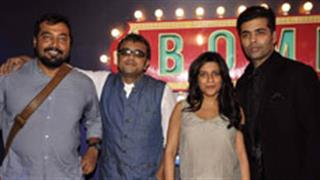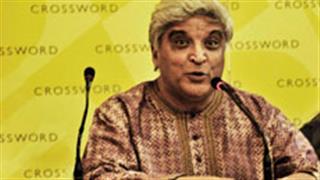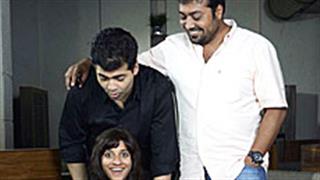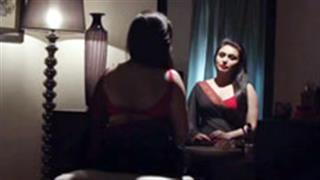To celebrate the completion of 100 years of Indian cinema, four Hindi filmmakers have teamed up to create four separate short films grouped into one feature film titled Bombay Talkies. Dibakar Banerjee is one of the directors.
Made at a modest budget of R 1. 5 crore, his segment is an adaptation of Satyajit Ray's short story with a Maharashtrian twist. In a freewheeling chat with us, the 43-year-old filmmaker reveals his thoughts on diverse genres of cinema and the major influences in his life. . .
As a filmmaker, what drives you?
(Pauses) As far as I can remember, I've wanted to make films since the age of 14. I only wanted to direct. I never wanted to be the hero. I think my passion to tell stories is what drives me. I used to fib a lot, cook up stories just to entertain people around me. I remember narrating several versions of Sholay to those who had already seen it!

Do you feel the pressure to do something hatke every single time you get down to work?
I never felt that pressure to do something different because if you're yourself -- which I usually am -- you will ultimately be different. Nobody on this planet is the same. Take Bombay Talkies for example. Karan Johar is as different as me or Anurag Kashyap or Zoya Akhtar are. If you make your film from your heart, there shouldn't be any problem.
What role does Ranbir Kapoor play in your film starring Nawazuddin Siddiqui who is a part of Bombay Talkies?
Well, his presence is there throughout. Without him, the entire project would have fallen flat. When you'll watch the film, you'll understand why I'm saying this.
And Marathi is used extensively in your segment?
As the story is based in the Lalbaug-Parel-Dadar area, I decided to retain the Maharashtrian touch. I'd have loved to shoot the entire film in Marathi but then it wouldn't have been a Hindi film and we would have lost out on the audience.

Indian cinema is completing a century. Your comments on its achievements?
To be frank, I'm more interested in the Indian cinema starting over the next 100 years than the 100 years that we've completed. Woh sab toh ho chuka na, ab usko toh badal nahi sakte? (That is done, we cannot change it) That glory, along with its downsides, belongs to the past. The fact is we're beginning a new phase of a century ahead and we should concentrate on what to do next.
What do you have to say about short films as a genre?
It is there and it must be there. Imagine literature comprising just novels and nothing else. Wouldn't that be boring? A short film appeals to the idea of brevity and low budget. From a career point of view, it allows you to breakout from the mould. Also, it's much cheaper but a lot difficult to distribute
So the lack of distribution affects the genre commercially?
Absolutely. Till date, at least in our country, short films haven't found the way to exhibit themselves in a theatrical manner.
Earlier in the '40s and the '50s, you would have a double-bill kind of shows where they would plug in two or three films together at the beginning or the end--thanks to which short films was present in the popular milieu. Sadly, that packaging system has almost disappeared.

So where exactly does the digital platform fit in in this scenario?
They are the saviours. With several digital platforms coming in, alternate ways of distributing films have grown. I really have high hopes for them. Tomorrow if I see a short film on my smartphone or my tablet on my way to office, I'd really like it because that is the future, and one can't deny it.
Do you agree with the ongoing sequel-remake formula in the industry?
As far as business is concerned, if these films go and earn money, fantastic, why not? But if it is about us not having enough original stories, then we better sit up and look at the elephant in the room because what it means is that directors are not finding enough original scripts.

What next for you?
I'm co-producing Titli with YRF as a part of our three-film deal. Kanu Behl, who wrote Love Sex aur Dhokha, is directing it.




















